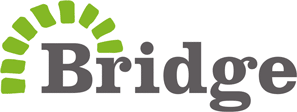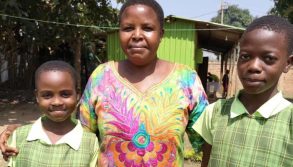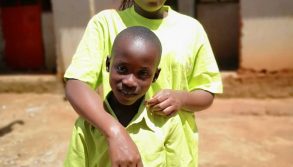Families need a mix of school providers in Africa
25 May 2017
Everyone will be affected by the success or failure of education in Africa. Despite decades of global effort, Sub-Sahara Africa still has 30 million primary school age children who are not receiving any form of schooling. Across the region up to 40% of children are not meeting basic learning outcomes. And by 2035 the number of Africans joining the workforce will exceed the number coming from the rest of the world combined.
This is just one small part of the global education crisis.
To overcome the massive gap between supply and demand for proper education, governments are embracing help from partners across all sectors.
Across Kenya there are more than ten thousand non-formal, private, community and faith schools, serving almost two million children. In Lagos state in Nigeria there are twenty thousand such schools. About one in five African children are being educated in the private sector. Across India there are around 300,000 non-state schools.
Why are millions of parents choosing to opt-out of public state schools in low and middle income countries? It’s usually one of two reasons: either there is no government school nearby, or the government school is not as high quality as the affordable alternative. Parents want their children to break out of the poverty cycle through education, and that won’t happen in a school where there is chronic teacher absenteeism, overcrowding, or low quality teaching.
So parents exercise choice.
Bridge is one of those choices. We started nine years ago by talking to parents in Kenya and just asking them what they wanted. We created a school that was affordable and high quality. Not surprisingly, it was very popular. So today we have around 520 schools, each one a nursery and a primary school.
Some people would say the private sector has no role in education, but thought leaders around the world take a different view.
Recently, at the World Economic Forum, Bridge co-founder Shannon May was talking to fellow social entrepreneurs about the global education crisis and how partnerships are a major part of the solution, you can watch the presentation below. At the same event, a new report was published with backing from USAID and DFID. According to the report, 21% of African children and young people are already being educated in the private sector. The research predicts that will increase to 25% in 2021.
Mums and dads obviously want the best for their children, so many choose an affordable high quality school because they believe that the other options available to them will not deliver the learning their child needs to fulfil their hopes and dreams. We believe at Bridge that all parents wherever they live in the world should have the right to choose.
To be clear, Bridge believes that there should be enough free public schools delivering great education, in every country and for every child. But we don’t live in that perfect world yet and the reform the public system needs to undergo will take decades. As such, there is an urgent and immediate need to help.
Utilising a mixed education economy simultaneously could fill the gap in provision and ensure children are learning when they are in the classroom. Combining the third sector, the private sector and the leadership of national governments will enable public school systems to reform and capacity and quality to increase. Bridge, like so many others, believes every child deserves a high quality education, and we think the fastest route to that becoming a reality is a strong mix of schools: community, public, affordable, faith, and others.
Our mission is to act as a partner in education and help governments overcome a massive challenge: to offer every child a quality education.









